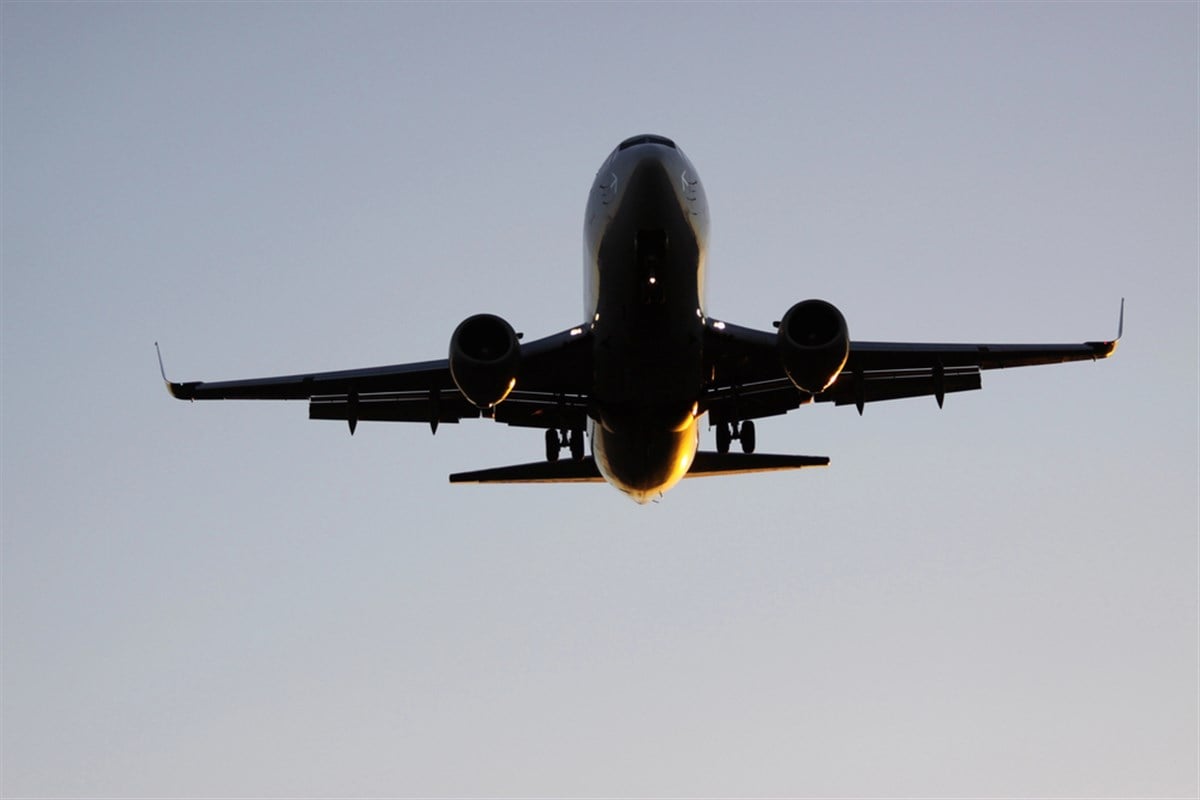
Roughly a month ago, the market witnessed a news headline that would have halted trading for the day in Boeing (NYSE: BA). During a flight serviced by Alaska Air Group (NYSE: ALK), a door popped off in the middle of the air in one of Boeing’s 737 MAX 9 aircraft. Following the incident, Boeing stock saw a decline of more than 20%, a heavy blow for shareholders.
While sounding speculative, some may believe this was a coincidental event before the company’s first quarterly earnings report on January 31st, where the stock recouped all the losses the incident brought and then some. However, while the market focuses on Boeing’s price action, clever investors know where to get the protein.
This protein can also be found in a silent participant in this whole mess, a company called Spirit AeroSystems Inc. (NYSE: SPR). Some may think that there is a lot of speculation regarding a recent announcement that Boeing is in ‘talks’ to buy its biggest supplier. The stock rose by 25% following last week's release, but there could be more upside.
Chess Game of Gains
Boeing traders felt very comfortable buying the Alaska incident dip as soon as it happened. Upon reviewing the company’s investor relations website, you really can’t blame them for doing so. It turns out that 100% of all new orders booked as revenue and earnings for the quarter were outside the purview of the affected 737 MAX 9 jet.
Knowing that this recent event would likely unaffected the quarterly financials, the stock rose back to the $220 a share level in a more than 10% rally upon the news and further bullish guidance from management. However, Spirit was one stock that fell behind the pack; here’s why.
Spirit was blamed for the accident because it manufactures the pieces that the door (which blew off) relies on. However, it turns out that it wasn’t the company itself but its partners in a Malaysian factory that likely oversaw the needed quality checks to ensure the piece shipped correctly.
Now that the name is in the clear, and its manufacturing process left intact by the Federal Aviation Administration (the FAA), Spirit stock suddenly became an attractive buy target from the unlikeliest subjects.
Picture this: Boeing receives a lot of negative media following an accident blamed mainly on Spirit, and then the market forgives Spirit. Now, Boeing is in ‘talks’ to buy Spirit in a takeover to control its largest supplier.
While Wall Street analysts have yet to update their consensus price target of $30.7 a share on Spirit, which implies a 12% downside from today’s prices, others in the market are sending you a hidden message. This message rhymes with double-digit upside, by the way.
Between the Lines
Interestingly enough, these analysts who project a downside in the stock’s valuation are the same ones that project earnings per share growth rate of up to 320%!
Stocks don’t just grow their financials by triple-digits and not follow along in their price action or targets. Following this logic, it would make sense to expect analysts to start boosting their price targets soon enough to reflect a speculative range Boeing would be willing to pay for this stock.
Markets value this stock at a significantly high price-to-earnings ratio of 68.7x, which is a premium of 219% to the aerospace and defense industry’s 21.6x average valuation. Remember the saying, “It must be expensive for a reason,” because it applies to this case.
By bidding up the price this high above the rest of the group, traders tell you that the stock (due to its massive EPS growth projections) could command a much higher bid from Boeing. After all, Spirit is a critical pillar in the supply chain for Boeing and its biggest competitor, Airbus (OTCMKTS: EADSY).
On a more focused valuation metric, the price-to-sales ratio in Spirit gives you an idea of how high Boeing’s big could be. With a 1.2x valuation on a P/S basis, Spirit’s $4 billion market capitalization is peanuts for the $12 billion currently shown in Boeing’s balance sheet.
Keep in mind that these scenarios are highly speculative today since Boeing is only in ‘talks’ to buy Spirit, and no definite deal structure has been announced. This deal will still have to clear regulator approval and secure financing, which may be easier now that the Federal Reserve is looking to cut interest rates this year.